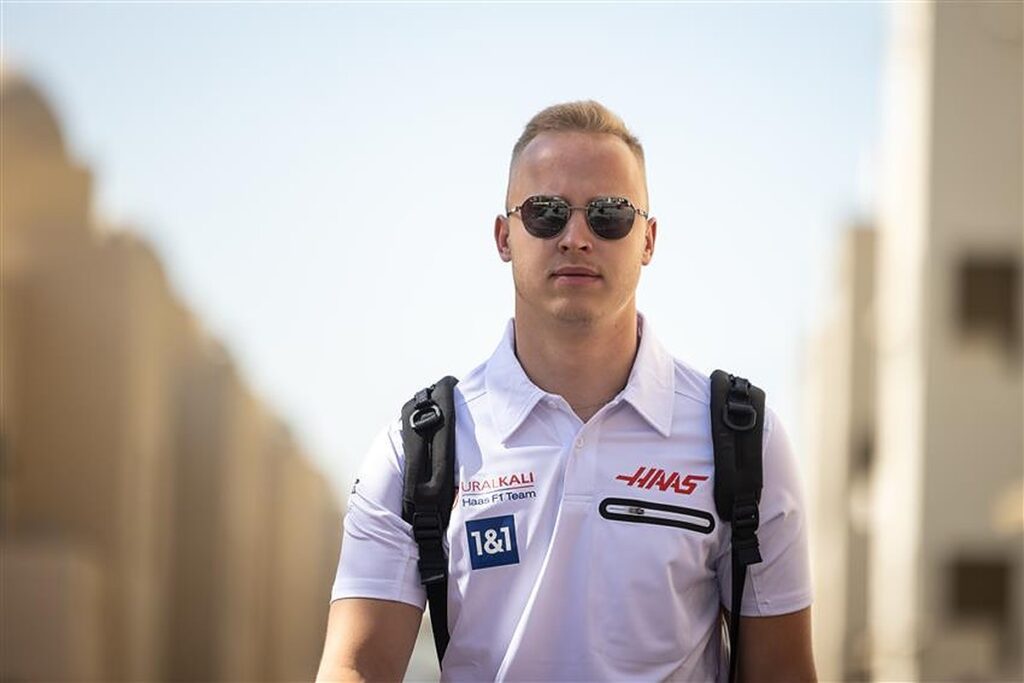Ex-Formula 1 driver Nikita Mazepin has travelled to Italy on a national visa for “professional reasons”, with the Russian driver continuing to pursue a return to F1.
Mazepin was set to compete in a second season for Haas in 2022 but was released by the team before the campaign got underway following the ignition of the conflict in Eastern Europe.
Haas not only released the driver but also ended their ties with title sponsor Uralkali, who are a Russian potash producer who were run by Mazepin’s father at the time.
Following his abrupt exit from both F1 and Haas, Mazepin was placed under sanctions across the majority of the world, forcing him to return to Russia.

Want to work in Formula 1? Browse the latest F1 job vacancies
Remarkably, his trip to Italy is his first to Europe since F1 testing in Barcelona, after the European Union Court removed some of their sanctions on the Russian driver, so that he could continue his racing career.
However, he remains banned from the United Kingdom, something he contested in court ahead of the British Grand Prix, an event he was seemingly hoping to attend in a bid to revive his F1 career.
Whilst being rejected from entering the UK came as a disappointment to the driver, he sees his trip to Italy as a “valuable step to rebuilding my sporting career”.
“I have indeed travelled to Italy for professional reasons, as the president of the General Court authorised me to do,” Mazepin said on Tuesday.
“However limited this first opportunity was, I see it as a valuable step to rebuilding my sporting career.”
Interestingly, Mazepin was only granted a national Italian visa rather than an EU travel document, something he fails to understand.
READ: Oscar Piastri makes ‘pretty useless’ admission
This stopped him from attending “tests and negotiations” in other EU nations, something he’s been advised is “inconsistent” with the EU General Court.
“Despite the fact that I also had invitations for tests and negotiations in other EU countries, I was not able to pursue them because I was only granted a national Italian visa, not an EU travel document,” he said.
“I am advised this is inconsistent with the order of the EU General Court.”

